A Commentary on Isaiah, Part 2: Mercy Exceeds Sacrifice
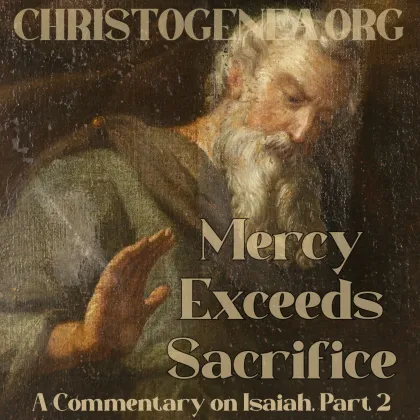
In the opening presentation of this commentary on Isaiah we had sought to focus upon the historical circumstances in which the prophet had begun his ministry. So with the evidence we presented, Jonah had already prophesied some decades earlier, and it seems that the prophet Hosea had already begun his ministry, which, like that of Isaiah, had also endured to the time of Hezekiah. The prophet Amos had also already begun, even if his ministry had evidently not endured for as long as that of Hosea. Now along comes Isaiah, in what appears to be the final years of the rule of Uzziah king of Judah, some time before 740 BC. We have also explained, from evidence which Isaiah provides in chapters 7 and 8 of his prophecy, that he is a man a Judah, that he was married and had at least one child, and he was of some importance to the degree where he could have the attention of the king, and he could command scribes and priests. So it seems that Isaiah may even have been a man of rank in the court of the king before he started his prophetic ministry.
In the opening words of his prophecy, in the first nine verses, there is a blanket condemnation of the entire nation of Israel, which includes both Israel and Judah, and it is not entirely certain that anyone in Israel proper had yet been taken into captivity, but it is evident in the inscriptions that many Israelites dwelling north of Israel proper, in lands already captured by the Assyrians, had most likely been taken, and as we have also seen, as early as the time of Ahab the Israelites had been sending men north to fight against the Assyrians, in league with the Syrians of Damascus and other towns which at one time had been governed by Judah. So concerning this struggle, which is evident in the prophecy which Jonah had made concerning Jeroboam II, and the Assyrian success against Aram and Israel after the time of Jeroboam, it is difficult to tell whether Isaiah is speaking prophetically, or if he is speaking as if the news were a current or recent event, where he announced in verse 7 that “Your country is desolate, your cities are burned with fire: your land, strangers devour it in your presence, and it is desolate, as overthrown by strangers.”

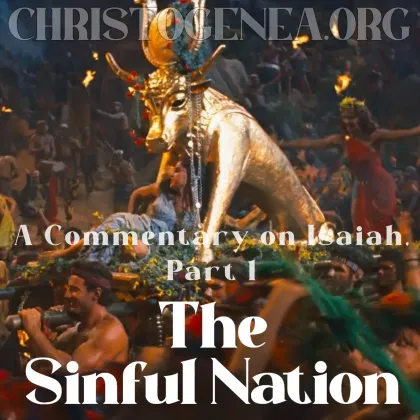
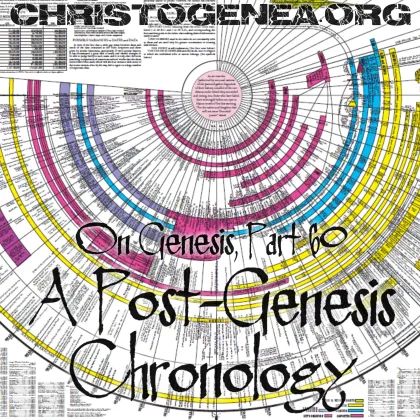
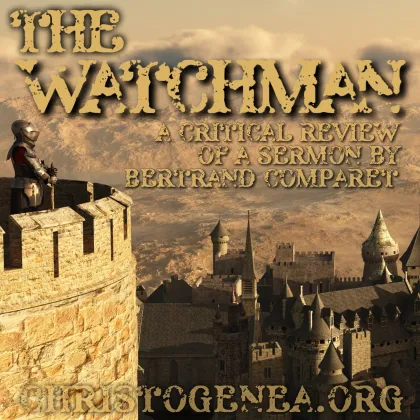




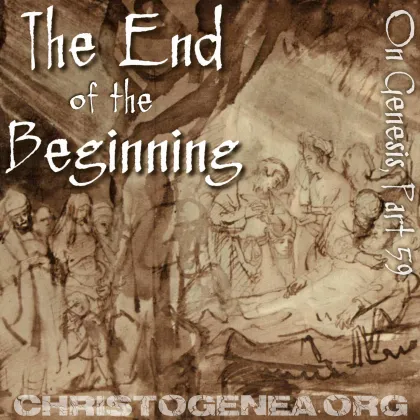

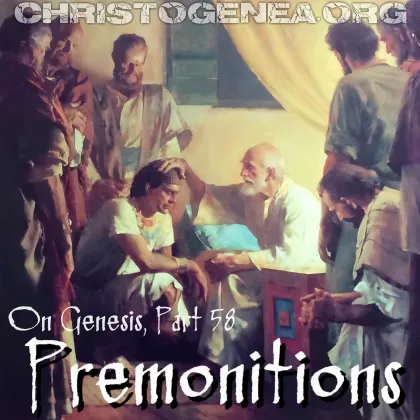
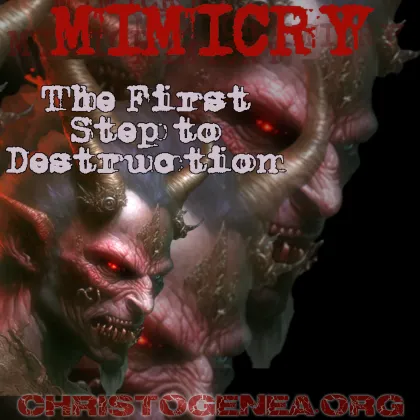

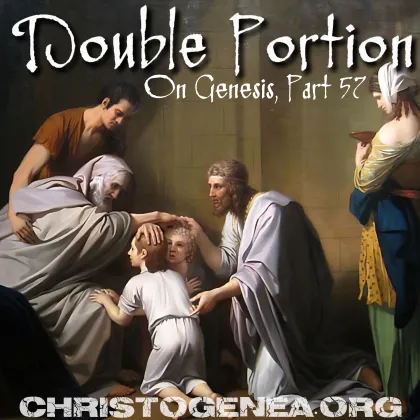
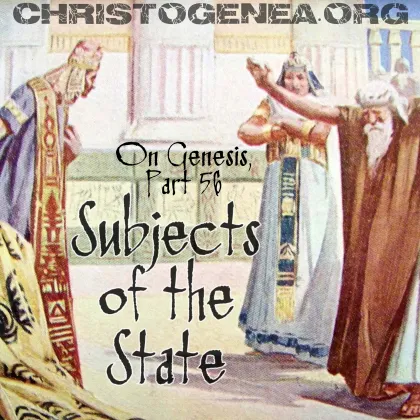

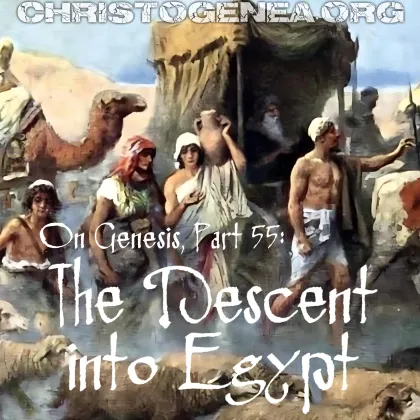
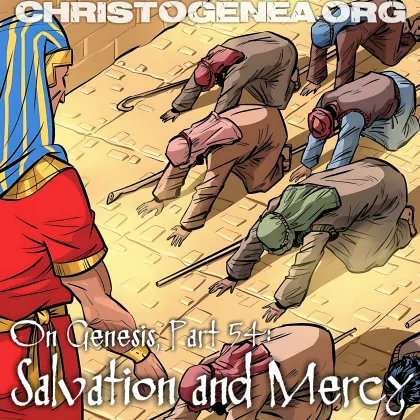
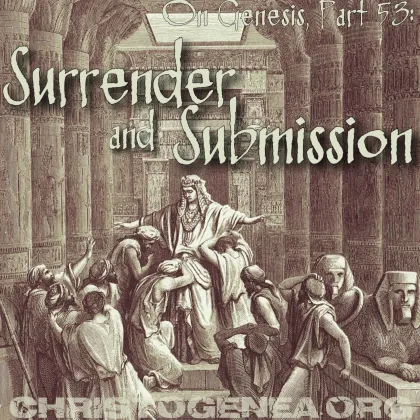





 Please click here for our mailing list sign-up page.
Please click here for our mailing list sign-up page.







